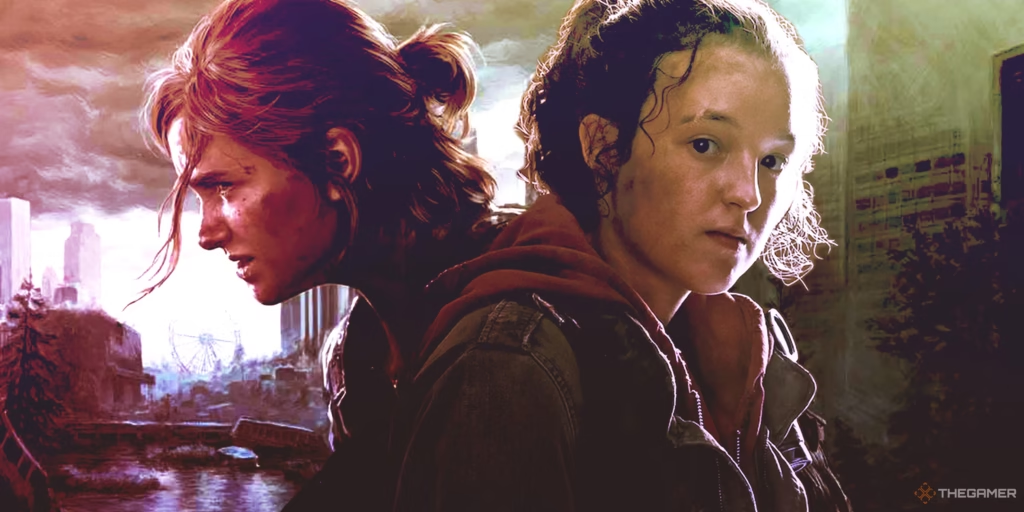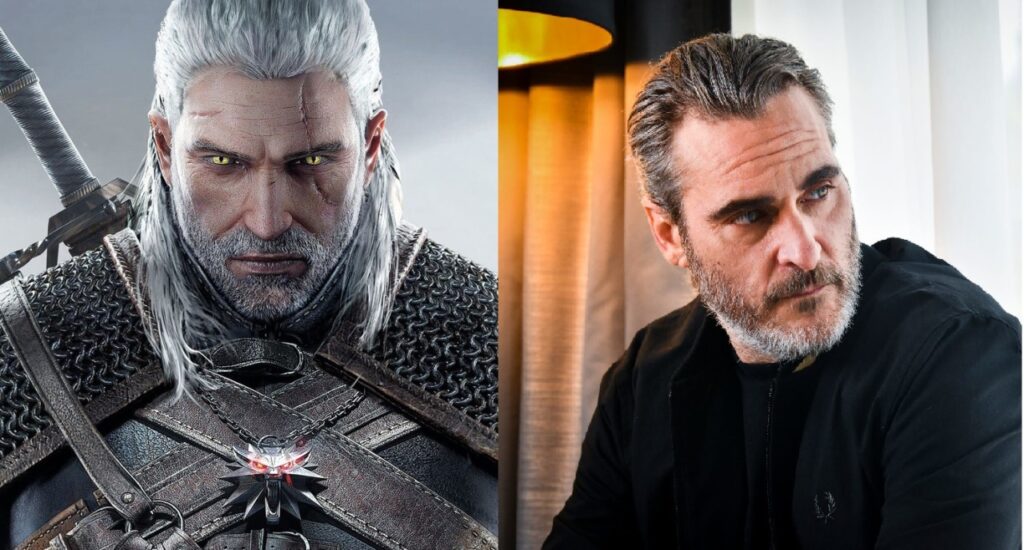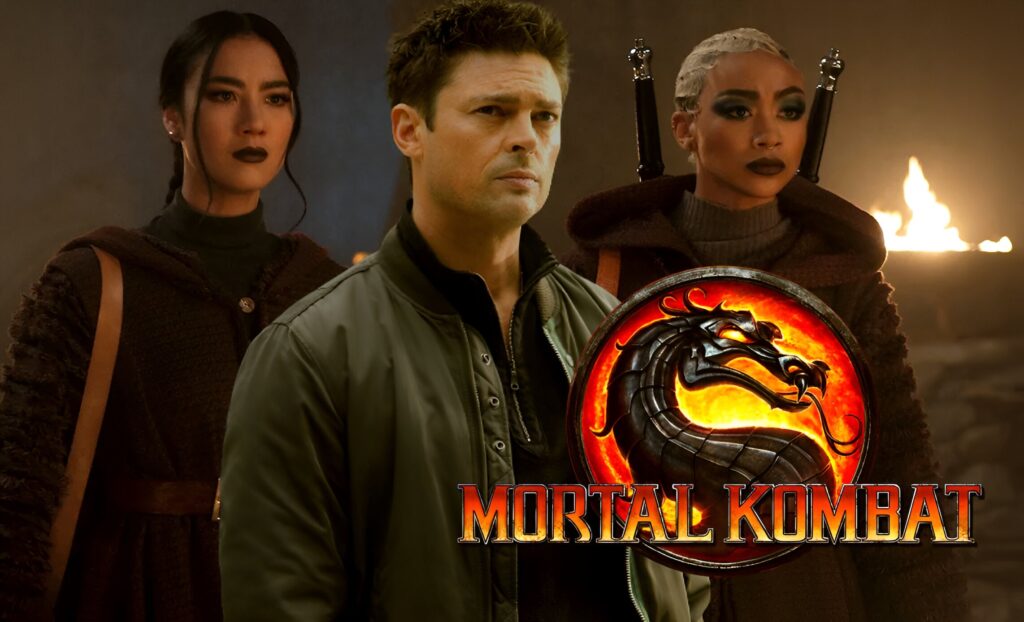Explore why The Last of Us series divides fans- covering pacing, casting, and story changes compared to the beloved video game.
The Last of Us series has sparked intense debate among gamers and TV audiences alike. It began as an adaptation of the beloved The Last of Us video game series, celebrated for its unique and immersive storytelling set in an apocalyptic future and characters having emotional depth. When it was eventually adapted into the HBO series The Last of Us, expectations were high among fans. Many hoped to relive the game’s gritty atmosphere and high-stakes adventure in cinematic form. However, after the release of the show, reactions from fans have been mixed. While some applaud the show’s visuals, performances, and themes, others feel the The Last of Us series strays too far from what made the original games so impactful. Here we explore the points to understand “Why is the Last of Us series so bad according to gamers?”. Let us discuss what shifted in the adaptation process for both lovers of the The Last of Us video game series and new viewers.
Why is the Last of Us series so bad according to gamers?
Gamers often criticize the The Last of Us series for departing from the tight, emotionally-driven experience of the last of us game series. A recurring thread on Reddit bluntly states:
“Lost Joel, bad dialogue, bad acting, bad hair/makeup, and too short to properly develop Ellie’s character…” Additional posts highlight issues with narrative pacing and character portrayal:
“The first was great… The second was awful—tedious episodes, dialogue, nothing happening… dragged myself through it.” , as per Reditt users.
And audience backlash is visible in user scores (61% dropping to 39% on Rotten Tomatoes; 3.6/10 on Metacritic by the season’s end) This sentiment is often tied to how the show altered key story moments, especially Joel’s death and Ellie’s characterization.
Comparing the Last of Us video game series vs. the HBO series
The Last of Us video game series immersed players in a world where every action carried weight and consequences were literally in your hands. The Last of Us HBO series, however, shifted the focus to drama and character-building, trimming gameplay-esque tension. Critics argue that while The Last of Us series does indeed look cinematic, it loses emotional immediacy. For instance, some feel that crucial narrative arcs were condensed or omitted, diminishing tension and character depth. This divergence explains why many gamers feel the adaptation lacks the urgency and engagement of the original games.
The Last of Us TV show cast

Casting choices for The Last of Us series have become a lightning rod for debate. Bella Ramsey, despite delivering a performance as Ellie which was praised by many critics, faced relentless trolling over appearance rather than acting ability. Critics praised Ramsey’s emotional depth, but online commentary often zeroed in on superficial traits like looks and voice, rather than the performance itself.
While it is true that Bella Ramsey did not resemble the Ellie we saw on the video games, it must be remembered that the responsibility for any mismatch between a game character’s appearance and the on-screen portrayal lies with the casting directors and creative team, not the actress herself, who is simply performing the role as it was given to her.”
Similar criticism hit Kaitlyn Dever as Abby, with some fans unhappy she didn’t match the game character’s muscular build, though showrunners defended the decision by emphasizing story and emotional accuracy over physical duplication.
Even smaller details drew attention. Some viewers questioned why characters like Dina appeared too clean and styled for a post-apocalyptic world, while others shrugged it off as a minor visual choice. These reactions show how heavily invested fans are in The Last of Us video game series and how even small differences in casting or character design can spark heated discussion about the The Last of Us series adaptation.
Production quality of the HBO series The Last of Us

No one questions the craftsmanship behind the HBO series The Last of Us. Reviews praise its visuals, music, set design, and cinematography. According to Wikipedia, the series garnered acclaim for performance, production design, and score- some calling it among the best video game adaptations. However, according to Time, even these strengths can’t fully compensate:
“The second season … offers plenty of the beautiful ruins, shocking violence … but fails to land the ideas that made the game impactful.”
Meanwhile, Polygon critiques how the show softened Ellie’s hard-edged character for broader appeal:
Season 2 “failed Ellie in service of safe TV,” diluting her agency and emotional weight.
This contrast—striking visuals vs. altered tone—is central to fans’ mixed feelings about The Last of Us series.
Fan expectations vs. reality
At its core, the debate and controversy around The Last of Us series stems from mismatched expectations. Many fans felt deeply connected to The Last of Us game series, forming emotional bonds that made these changes feel like betrayal. Northeastern University frames this as a result of “parasocial relationships” – when attachments to fictional characters become real enough that narrative changes feel personal.
Mainstream media tried to explain this divide. Some reviewers highlighted how Joel’s death and Ellie’s expanded role triggered backlash:
“The male lead died … The lesbian character becomes the lead … It certainly smacks of review bombing, but there’s some genuine disappointment.”
And from The Independent, some viewers labeled Season 2 a “mess” or “lacklustre,” criticizing rushed pacing and unsatisfying endings.
So, why is the Last of Us series hated by gamers?
So, to answer the question “Why is the Last of Us series so bad according to gamers”, the reasons are mostly the pacing, character portrayal, visual details, and emotional tone . Well, there are also some who see the The Last of Us HBO series as a bold reinterpretation, but loyal fans of the original franchise see it as dilution of a cherished video game. Whether you’re a longtime fan or a newcomer, you’ll find that for many, the adaptation speaks less truth about the games- and more about the challenge of honoring source material while forging a new path.



